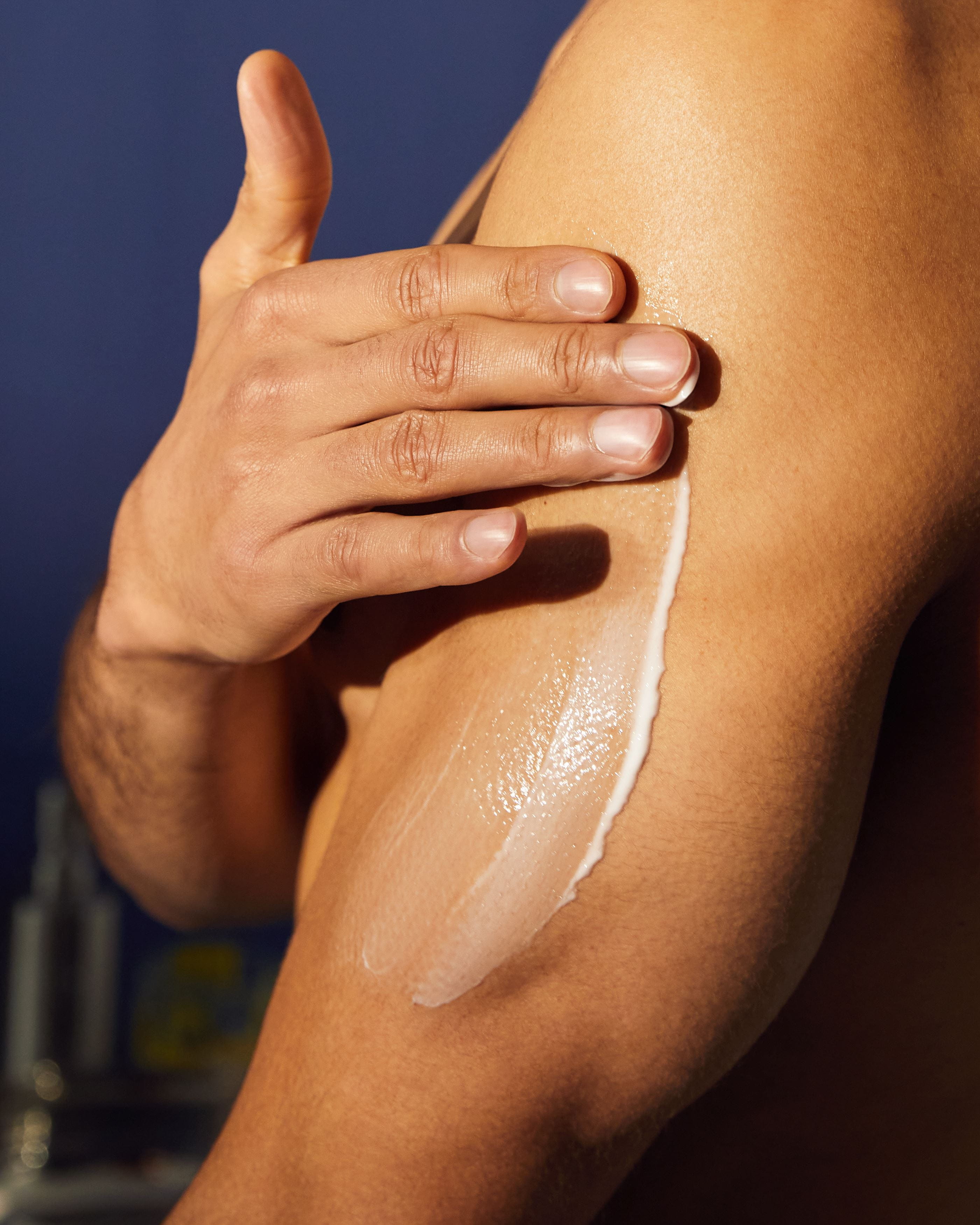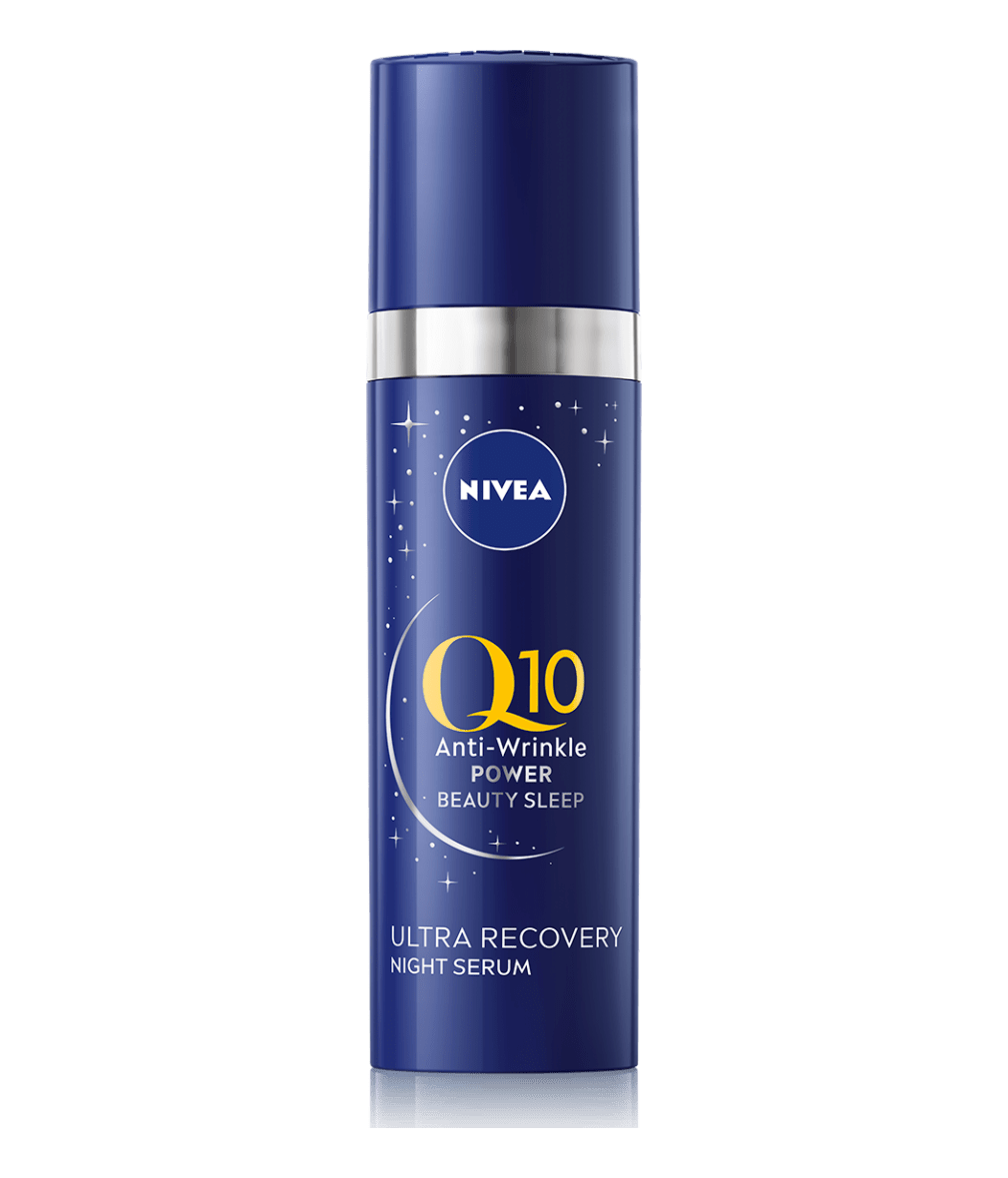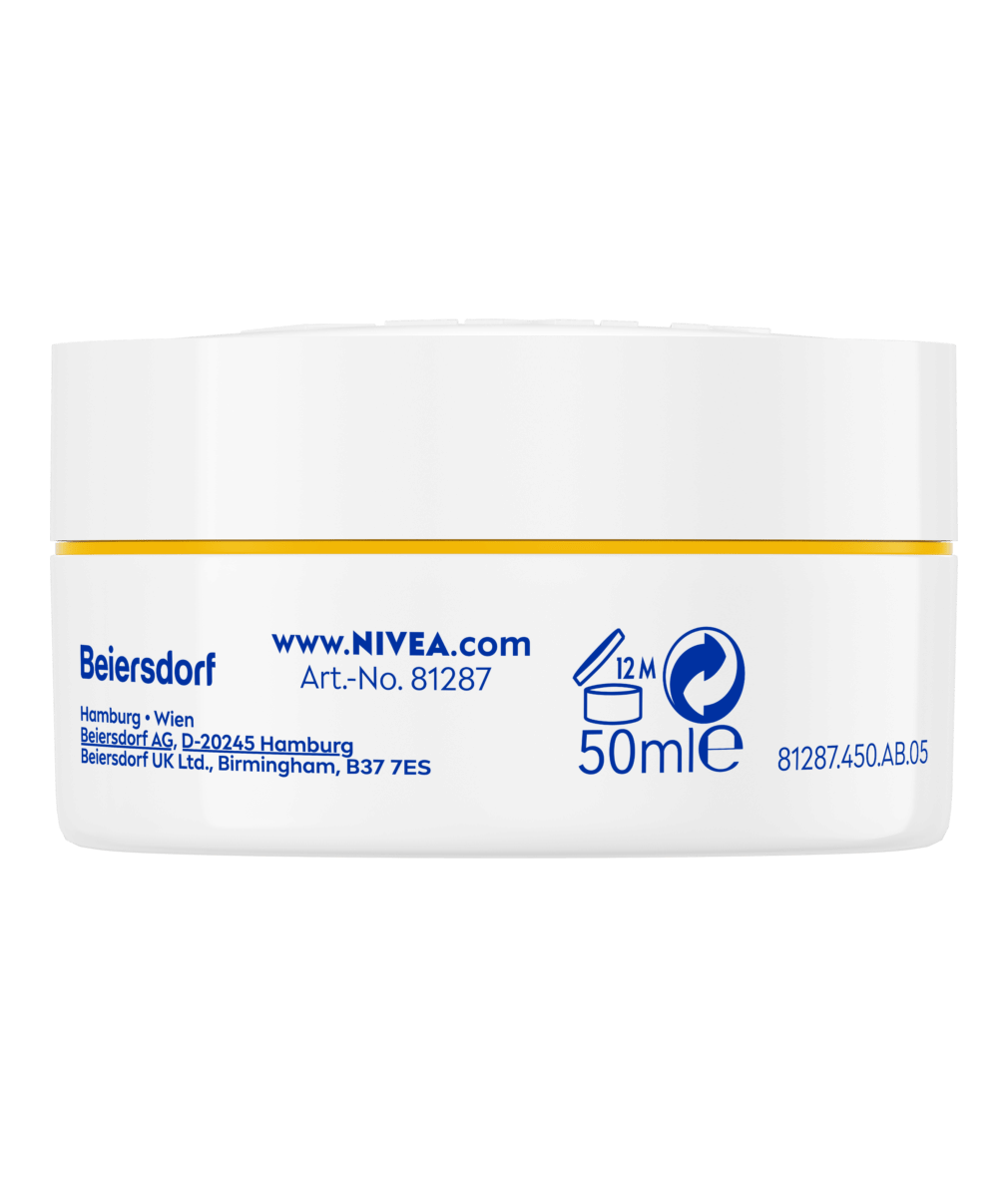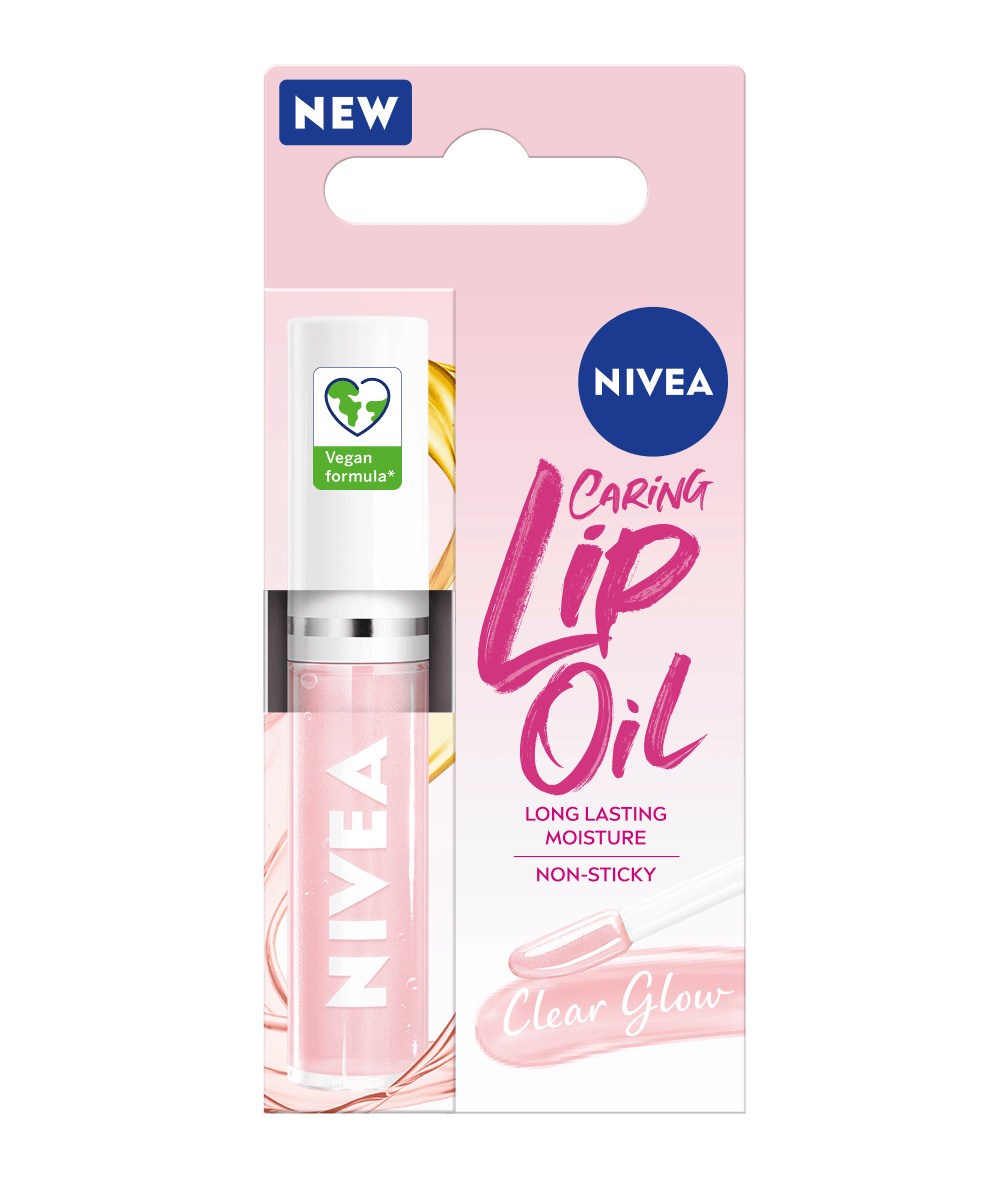
How To Hydrate Skin
All the information you need to keep your skin hydrated and healthy, as well as the early signs and causes of dehydrated skin.
What are the causes and signs of dehydrated skin?
Your skin can become dehydrated for a number of reasons and knowing why will help you to understand how to rehydrate skin. To start with, your skin has a barrier that helps to lock in moisture. If this is damaged, your skin will struggle to retain its moisture, causing dehydration. This can be a problem for people with all different types of skin, even oily skin.Damage to your skin's natural moisture barrier can be caused by;
Learn how to hydrate skin
What are the benefits of learning how to hydrate skin?
It’s no secret that when your skin feels good, you feel good - and knowing how to hydrate skin keeps your skin feeling better, for longer. Using hydrating skincare products and having a routine that maintains your skin's moisture, provides a range of benefits;
Improved appearance - Having hydrated skin helps to improve its elasticity. This means that it has the ability to stretch and return to its original form. As a result, hydrated skin appears more plump and youthful. Lines and wrinkles often emerge when your skin is dehydrated, and so knowing how to rehydrate skin can prevent these signs of aging. A lack of hydration can also cause build-up of dead skin cells, making your skin appear dull. However, rehydration can re-establish a vibrant and glowing appearance.
Balanced oil levels - Although it seems counter-intuitive, dehydrated skin can still be oily. Your body produces more oil if it detects low levels of moisture in the skin, and therefore, dehydrated skin can actually become excessively oily. This can also have an affect on the severity of acne, for people who suffer with it. As a result, using hydrating skincare products help to balance the skin’s oil levels and prevent spots and acne aggravation.
Less itchy and sensitive skin - If your skin is dehydrated, it can become itchy and overly sensitive. However, hydrating skincare products rebuild the skin’s natural moisture barrier, making your skin less itchy and less sensitive.
In order to reap the rewards of hydrated skin, it is important to understand how to hydrate skin.
Improved appearance - Having hydrated skin helps to improve its elasticity. This means that it has the ability to stretch and return to its original form. As a result, hydrated skin appears more plump and youthful. Lines and wrinkles often emerge when your skin is dehydrated, and so knowing how to rehydrate skin can prevent these signs of aging. A lack of hydration can also cause build-up of dead skin cells, making your skin appear dull. However, rehydration can re-establish a vibrant and glowing appearance.
Balanced oil levels - Although it seems counter-intuitive, dehydrated skin can still be oily. Your body produces more oil if it detects low levels of moisture in the skin, and therefore, dehydrated skin can actually become excessively oily. This can also have an affect on the severity of acne, for people who suffer with it. As a result, using hydrating skincare products help to balance the skin’s oil levels and prevent spots and acne aggravation.
Less itchy and sensitive skin - If your skin is dehydrated, it can become itchy and overly sensitive. However, hydrating skincare products rebuild the skin’s natural moisture barrier, making your skin less itchy and less sensitive.
In order to reap the rewards of hydrated skin, it is important to understand how to hydrate skin.
How to hydrate skin
Figuring out how to hydrate skin can be difficult. Here are six tips on how to hydrate skin, and keep it hydrated.
HOW TO HYDRATE SKIN
Hydration is the key for healthy and flawless looking skin. Understanding the causes and signs of dehydration is essential when learning how to rehydrate skin. Explore our hydrating skincare products and advice on how to cure your dehydrated skin.






